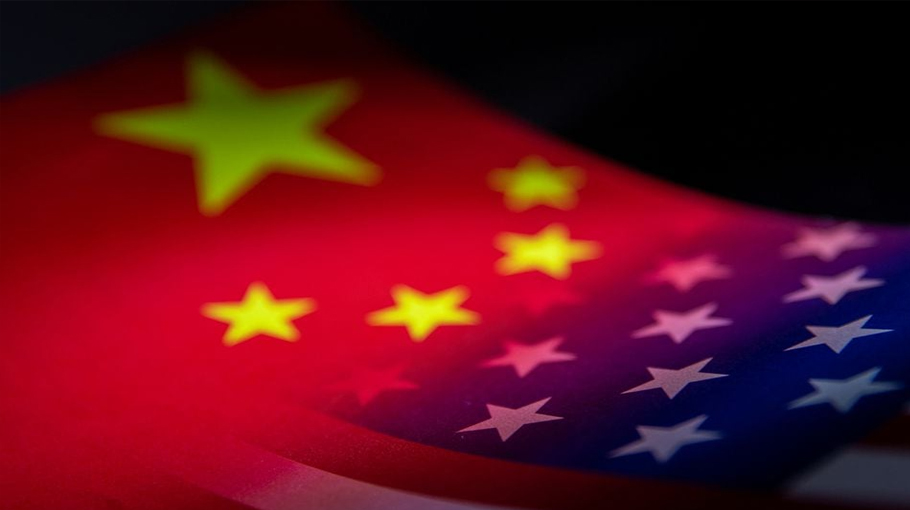Vietnam’s economic growth slows to 5.05pc in 2023

Vietnam's economic growth slowed to 5.05 per cent this year from an expansion of 8.02 per cent last year, official data showed on Friday, weighed by weak global demand while public investment stalled amid an intensified anti-graft crackdown, reports Reuters.
This year's gross domestic product (GDP) growth was below a government target of 6.5 per cent and lower than average growth of 5.87 per cent during the previous decade, according to data released by the government's General Statistics Office (GSO).
Vietnam is a regional manufacturing hub that relies heavily on trade. Exports in 2023 fell 4.4 per cent from last year to $355.5 billion, with shipments of smartphones, its largest foreign currency earner, dropping 8.3 per cent, the GSO said in its report.
Its industrial production index in 2023 rose 1.5 per cent from last year, while average consumer prices in the year rose 3.25 per cent, according to the GSO. Retail sales were up 9.6 per cent.
"Though this year's growth is below a government target of 6.5 per cent, it is still a positive result, putting Vietnam in the group of the fastest growing economies in the region and in the world," the GSO said.
Imports in 2023 fell 8.9 per cent to $327.5 billion, resulting in a trade surplus of $28 billion for the year, according to the report. A large trade surplus is supportive for the dong currency, but a sharp fall in imports could indicate a slowdown in
manufacturing activities in the months ahead.
The country's central bank, in an effort to boost economic growth, has this year cut its policy rates four times, reducing its refinance rate and discount rate by an accumulated 150 basis points each, but credit growth remains much weaker than its target of 14 per cent.
Overall credit growth in the economy as of end-November was 8.2 per cent, according to data from the State Bank of Vietnam, the country's central bank, which said the "the economy was still facing difficulties with a slow economic recovery and therefore the demand for loans was weak".
To compensate for the fall in exports, Vietnam has decided to extend a value-added tax cut to boost domestic consumption, while authorities have sought to speed up public investment, mostly on infrastructure.
But public investment has stalled this year amid an intensification of the country's "blazing furnace" anti-corruption campaign, which has often paralysed activities.
Disbursement of public funds in the year to the end of November was estimated at 461 trillion dong ($18.98 billion), meeting only 65 per cent of the target set for the year, according to the Ministry of Planning and Investment.



